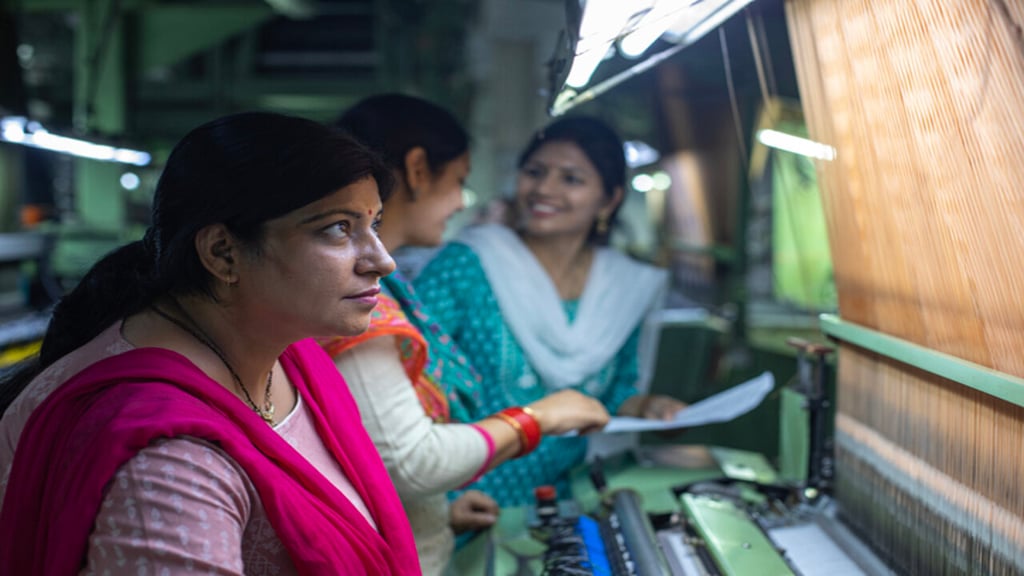The AS 9100 aerospace quality management standard requires that production processes are verified to ensure they are fully capable of meeting the intended result.
The types of activity used to draw these conclusions will vary according to the manufacturing process involved and are fully documented in the standard. For example, production process verification for machining will include:
- An objective analysis of cycle times and available hours are undertaken to verify the machining set up is capable of producing parts within the desired lead time.
- If statistical control is used within the machine shop, capability studies are undertaken to determine the ability of the machines to consistently produce parts that are within specification limits.
Completion of the above steps give you and your customers confidence that the machining process can regularly produce a conforming product within a predictable lead time.
Ensuring these activities are properly documented is an essential element of AS 9100 Revision D. On-time delivery and ‘right first time’ is a top priority for aviation, space and defence customers, so it’s necessary to demonstrate through objective means that any elements affecting these two variables are under control in your manufacturing process.
First Article Inspection
The AS 9100 Revision D standard also requires that when a new product is being manufactured for the customer, a representative first example is taken and checked to confirm the production process is working as intended. More commonly known as known as First Article Inspection (FAI) in the aviation, space and defence industry, this focuses on the conformity of a specific product rather than the manufacturing process in general.
How to properly conduct and document an FAI has been standardised through the AS 9102/B standard and is often be stated as a customer requirement. Read more about how to document an AS 9102/B compliant First Article Inspection report.
In basic terms, an FAI is created by tracking through the manufacturing process and verifying that all necessary activities have been completed as planned, with the anticipated outputs observed.
Continuing with the machining example, the type of information typically used to create an FAI report for a machined part would likely include but is not limited to:
- Measurement results for all characteristics stated in the drawing.
- Copies of mill certificates for any material used.
- Copies of purchase orders placed for any material used.
Traceability of any special processes (e.g. hardening) used either as part of the process inhouse or sub-contracted out i.e. reference to specifications and resulting certificates of conformity, is mentioned.
Evidence supporting above bullet points provides the auditor with confidence that the first production run has been capable of building a conforming product that meets the design intent.
Quality management system considerations
If there are changes in the design of the product or production process itself, there is a requirement to complete FAI (full or partial) again. For organisations working in compliance with AS 9102/B, this would also be necessary if there has been a break of more than two years in the production of the part.
Some considerations for controls you may need in the quality management system to help manage this are as follows:
- Who is responsible for completing FAI reports and what training do they require?
- How is the need to complete an FAI flagged, particularly for changes that are less obvious such as a change of a material supplier or change of tooling?
- How will breaks in production of less than two years be identified?
- Where will FAI reports be stored and who requires access to them?
Having a robust quality management system will save you time and make it easier to keep track of FAI reports, especially if it is a customer requirement.
Read more about AS 9100 certification.





